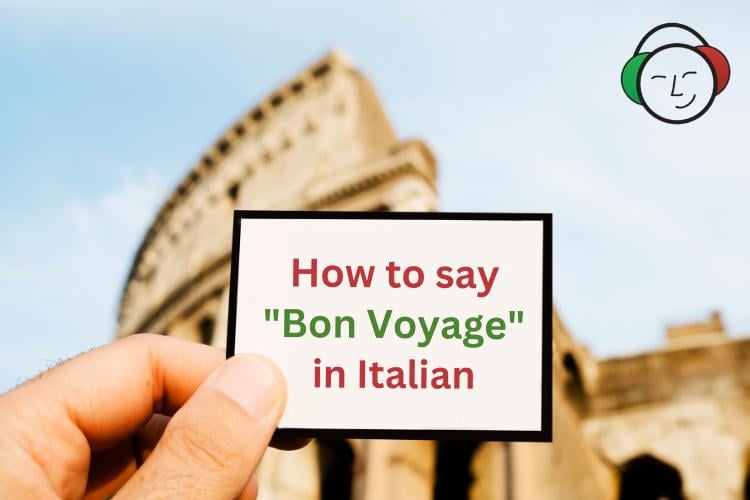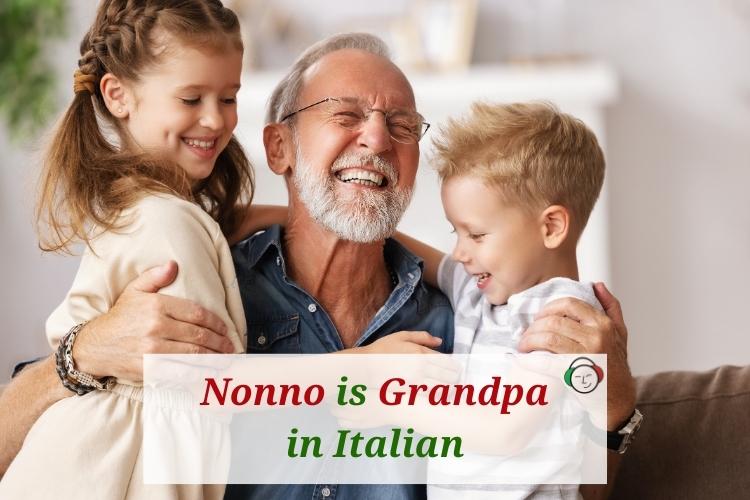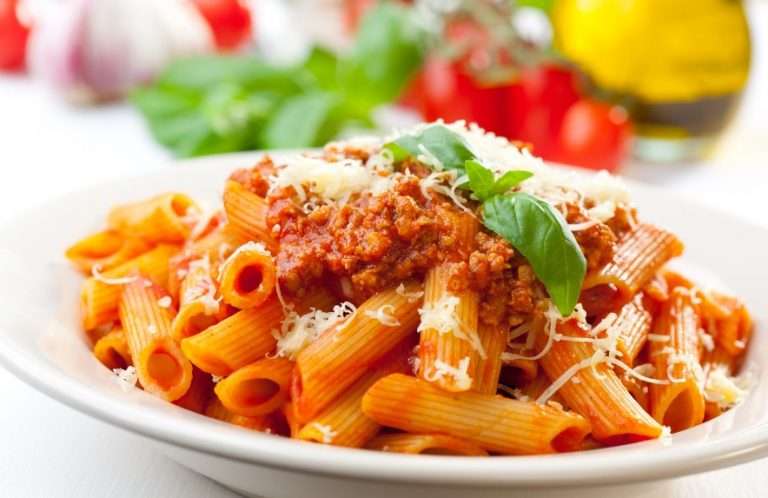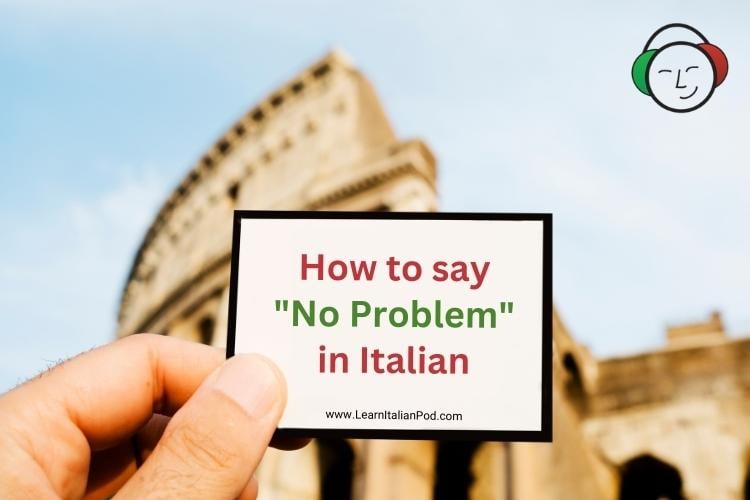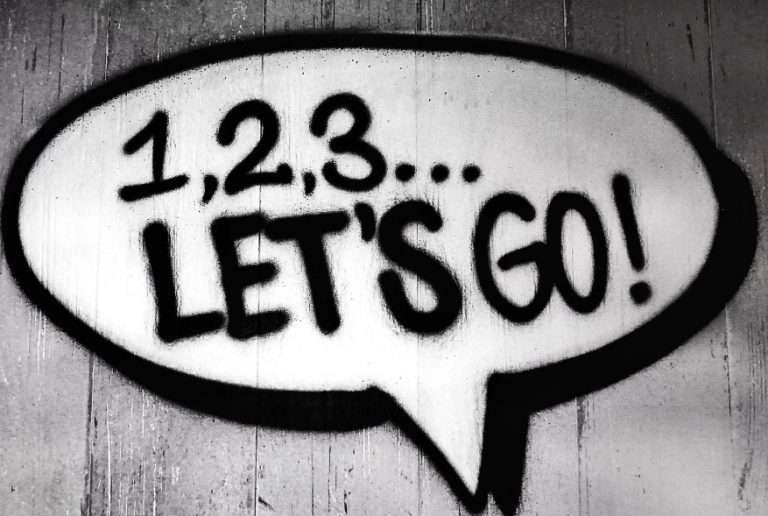How to Start a Conversation in Italian: Connect with the Locals
Visiting Italy is a dream come true for many travelers. One of the best ways to truly experience the Italian way of life is to connect with locals through conversation.
Whether ordering an espresso at a café, chatting with your Airbnb host, or getting to know fellow travelers, knowing how to start a conversation in Italian can help you build lasting relationships and make the most of your trip.
In this blog post, we’ll share a few essential phrases and conversation starters in Italian to help you break the ice and confidently engage with Italians.
Basic Italian Greetings and Introductions
First impressions are crucial, and knowing how to greet someone in Italian is the first step in starting a conversation. Here are some key greetings and introduction phrases in Italian with English translations:
- Hello/Hi: “Ciao” (informal) (CHOW) / “Buongiorno” (formal, good morning) (bwon-JOR-no) / “Buonasera” (formal, good evening) (bwon-ah-SEH-rah)
- How are you?: “Come stai?” (informal) (KOH-meh sty) / “Come sta?” (formal) (KOH-meh stah)
- My name is ___: “Mi chiamo ___” (mee kee-AH-moh ___)
- Nice to meet you: “Piacere” (pyah-CHE-reh) / “Piacere di conoscerti” (informal) (pyah-CHE-reh dee koh-noh-SHER-tee) / “Piacere di conoscerla” (formal) (pyah-CHE-reh dee koh-noh-SHER-lah)
Suggested Read: Say Hello in Italian: 21 Ways to Greet in Italy Like a Local
Remember to use informal language when speaking with friends, family, or peers, and switch to formal language when addressing older individuals or those in a professional setting.
The Art of Small Talk in Italy

Small talk is essential to Italian culture; it helps build rapport and connections. Here are some tips for engaging in small talk with locals, along with essential Italian phrases for common topics:
- Comment on the weather: “Che bel tempo oggi!” (What nice weather today!) (keh behl TEHM-poh OH-jee) / “Che caldo/freddo!” (It’s so hot/cold!) (keh KAHL-doh/FREHD-doh)
- Ask about someone’s origin: “Di dove sei?” (Where are you from?) (dee DOH-veh say) / “Vivi qui?” (Do you live here?) (VEE-vee kwee)
- Compliment the area: “Mi piace molto questa città” (I really like this city) (mee PYAH-cheh MOHL-toh KWEH-stah CHEE-tah)
Discussing Food, Wine, and Italian Cuisine
Food and wine are cornerstones of Italian culture; discussing these topics can be a great way to start a conversation. Here are some Italian phrases to help you dive into discussions about Italian cuisine:
- What’s your favorite Italian pasta dish?: “Qual è il tuo piatto di pasta italiano preferito?” (kwahl EH eel TOO-oh PYAHT-toh dee PAH-stah ee-tah-LYAH-noh preh-feh-REE-toh?)
- Can you recommend a good restaurant?: “Mi consiglia un buon ristorante?” (mee kohn-SEE-lyah oon bwon ree-stoh-RAHN-teh)
- I love Italian wine: “Adoro il vino italiano” (ah-DOH-roh eel VEE-noh ee-tahl-YAH-noh)
- Which regional dish should I try?: “Quale piatto regionale dovrei provare?” (KWAH-leh PYAHT-toh ree-joh-NAH-leh doh-VRAY proh-VAH-reh)
Talking About Travel and Sightseeing
Travel experiences and sightseeing are popular topics when meeting new people. Here are some Italian phrases to help you start conversations about your adventures in Italy:
- Have you visited [place]?: “Hai visitato [place]?” (eye vee-zee-TAH-toh ___)
- What Italian landmarks do you recommend?: “Quali attrazioni mi consigli?” (KWAH-lee aht-trah-tsyoh-nee mee kohn-SEE-lyee)
- I’m planning to visit [destination] tomorrow: “Domani ho intenzione di visitare [destination]” (doh-MAH-nee oh een-ten-zee-OH-neh dee vee-zee-TAH-reh ___)
Navigating Language Barriers and Asking for Help
Language barriers can be a challenge when starting a conversation in Italian. Here are some essential phrases for asking for help or clarification:
- Do you speak English?: “Parli inglese?” (PAHR-lee een-GLAY-zeh)
- I don’t understand: “Non capisco” (nohn kah-PEES-koh)
- Can you speak more slowly?: “Può parlare più lentamente?” (pwoh pahr-LAH-reh pyoo lehn-TAH-men-teh)
Conversing About Italian Culture and Lifestyle
Starting conversations about Italian culture, history, and way of life can lead to interesting and engaging discussions. Here are some phrases to help you delve into topics like art, music, fashion, and sports:
- What’s your favorite Italian movie?: “Qual è il tuo film italiano preferito?” (kwahl eh eel too-oh feelm ee-tahl-YAH-noh preh-feh-REE-toh)
- Who is your favorite Italian musician?: “Chi è il tuo musicista italiano preferito?” (kee eh eel too-oh moo-see-KEE-stah ee-tahl-YAH-noh preh-feh-REE-toh)
- Do you follow soccer?: “Segui il calcio?” (SEH-gwee eel KAHL-choh)
- Where can I buy nice Italian gifts?: “Dove posso comprare dei bei regali italiani?” (DOH-veh POH-soh kom-PRAR-eh day bay reh-GAH-lee ee-tahl-YAH-nee)
How to Graciously End a Conversation in Italian
Knowing how to end a conversation gracefully is as important as starting one. Here are some Italian phrases for saying goodbye and expressing gratitude:
- It was nice talking to you: “È stato un piacere parlare con te” (informal) (EH STA-toh oon pyah-CHEH-reh pahr-LAH-reh kohn teh) / “È stato un piacere parlare con Lei” (formal) (EH STA-toh oon pyah-CHEH-reh pahr-LAH-reh kohn lay)
- Goodbye: “Arrivederci” (formal) (ah-ree-veh-DEHR-chee) / “Ciao” (informal) (CHOW)
- Have a great day: “Buona giornata” (bwon-ah jor-NAH-tah)
Starting a conversation in Italian may seem intimidating initially. Still, with some practice and the right phrases, you’ll be able to confidently engage with locals and truly immerse yourself in Italy’s vibrant culture. Don’t be afraid to make mistakes or ask for help, as Italians generally appreciate the effort put into learning their language.
Practicing your Italian conversation skills and connecting with the people you meet will create unforgettable memories and form lasting relationships during your Italian adventure. So, go forth and embrace the beauty of Italy, its language, and its people. Buona fortuna e buon viaggio! (Good luck, and have a great trip!)


